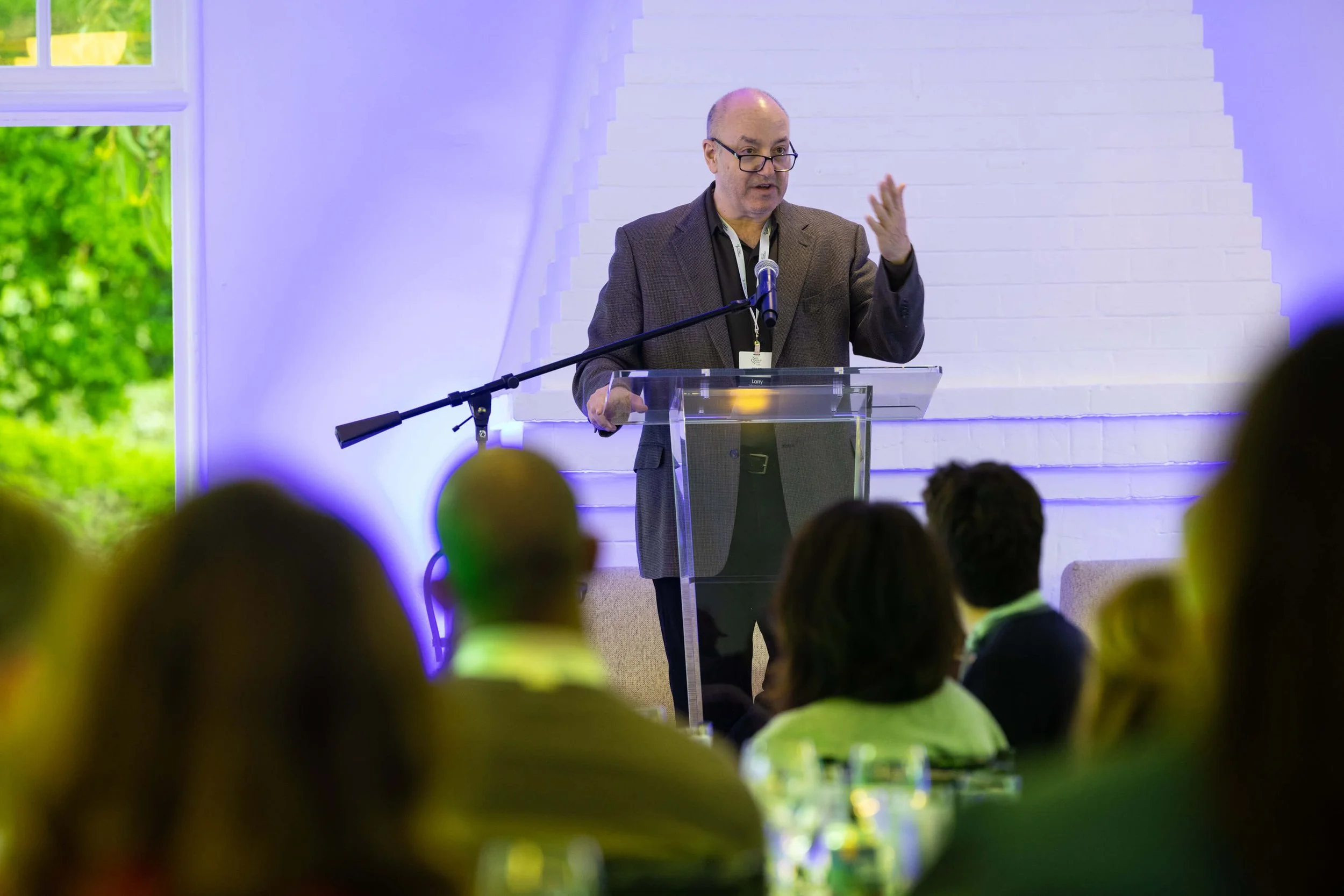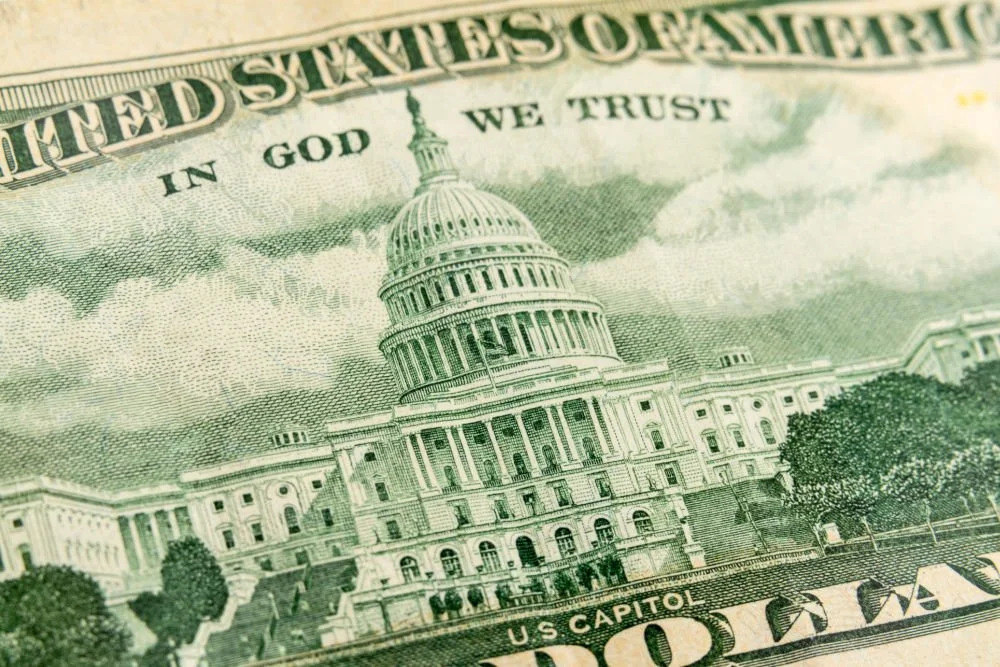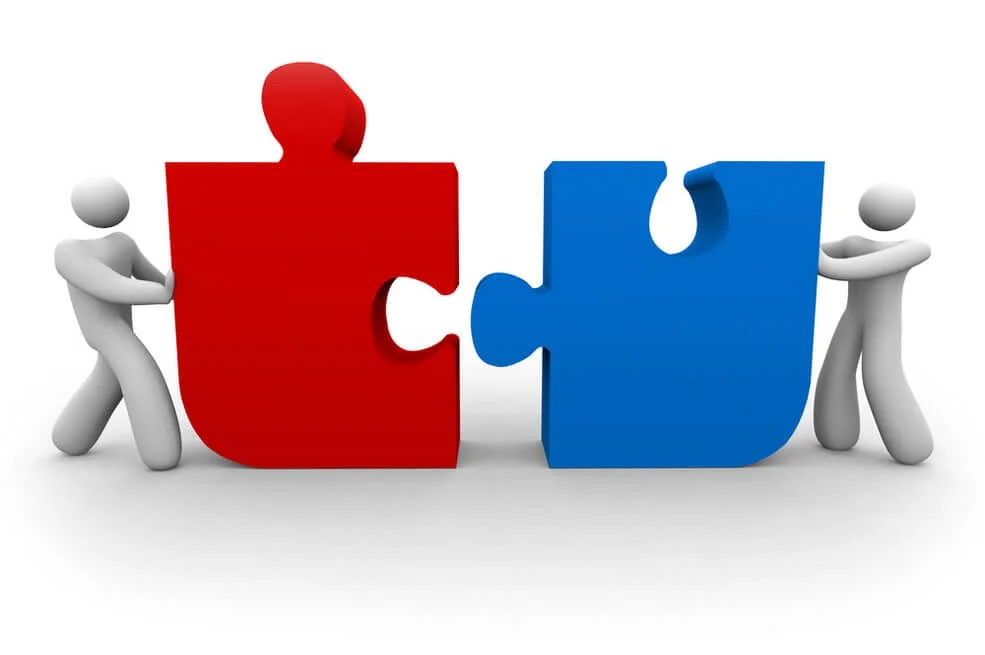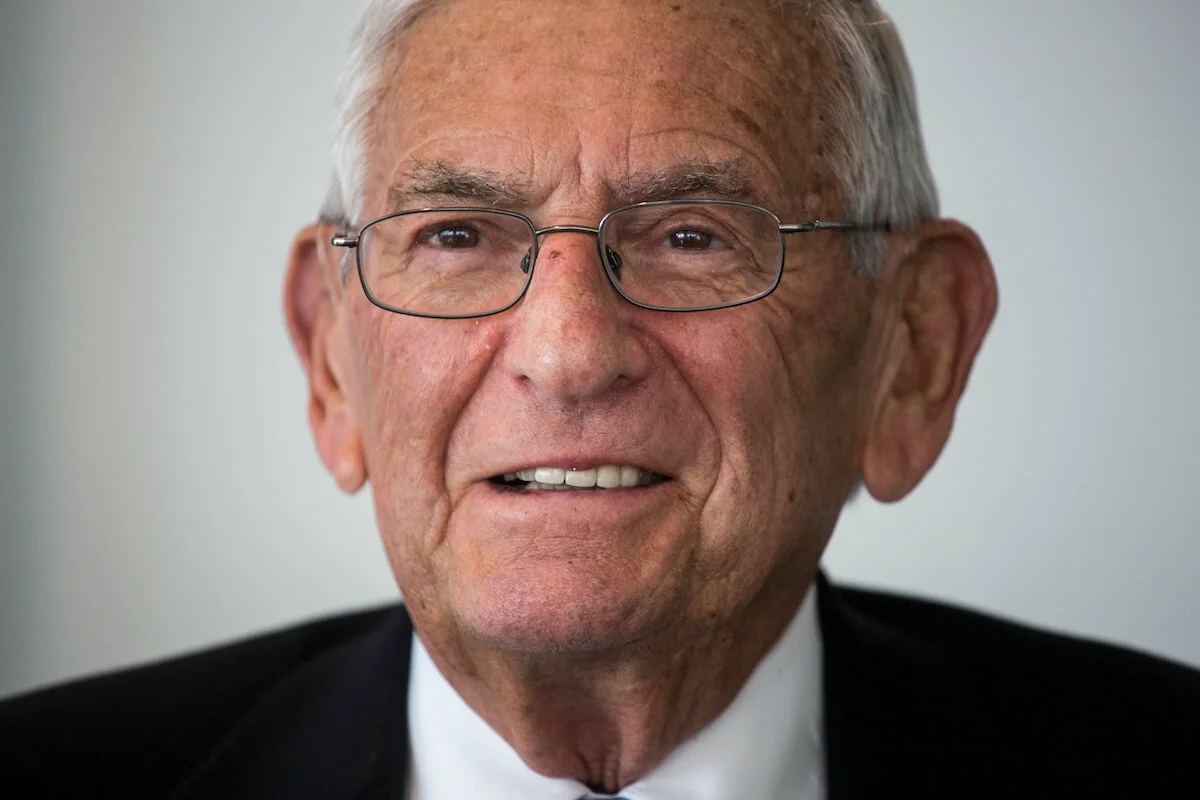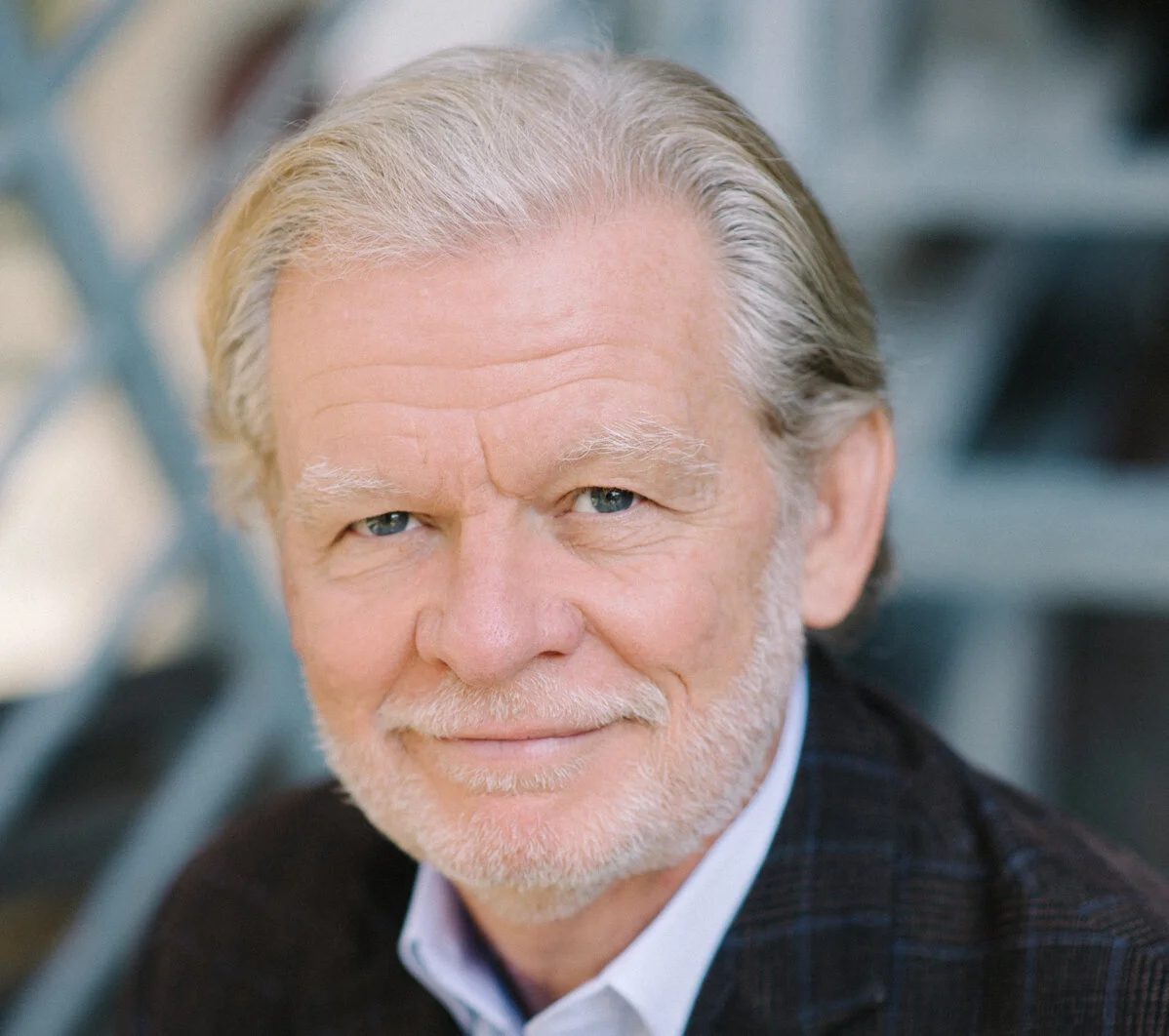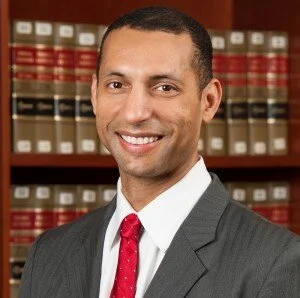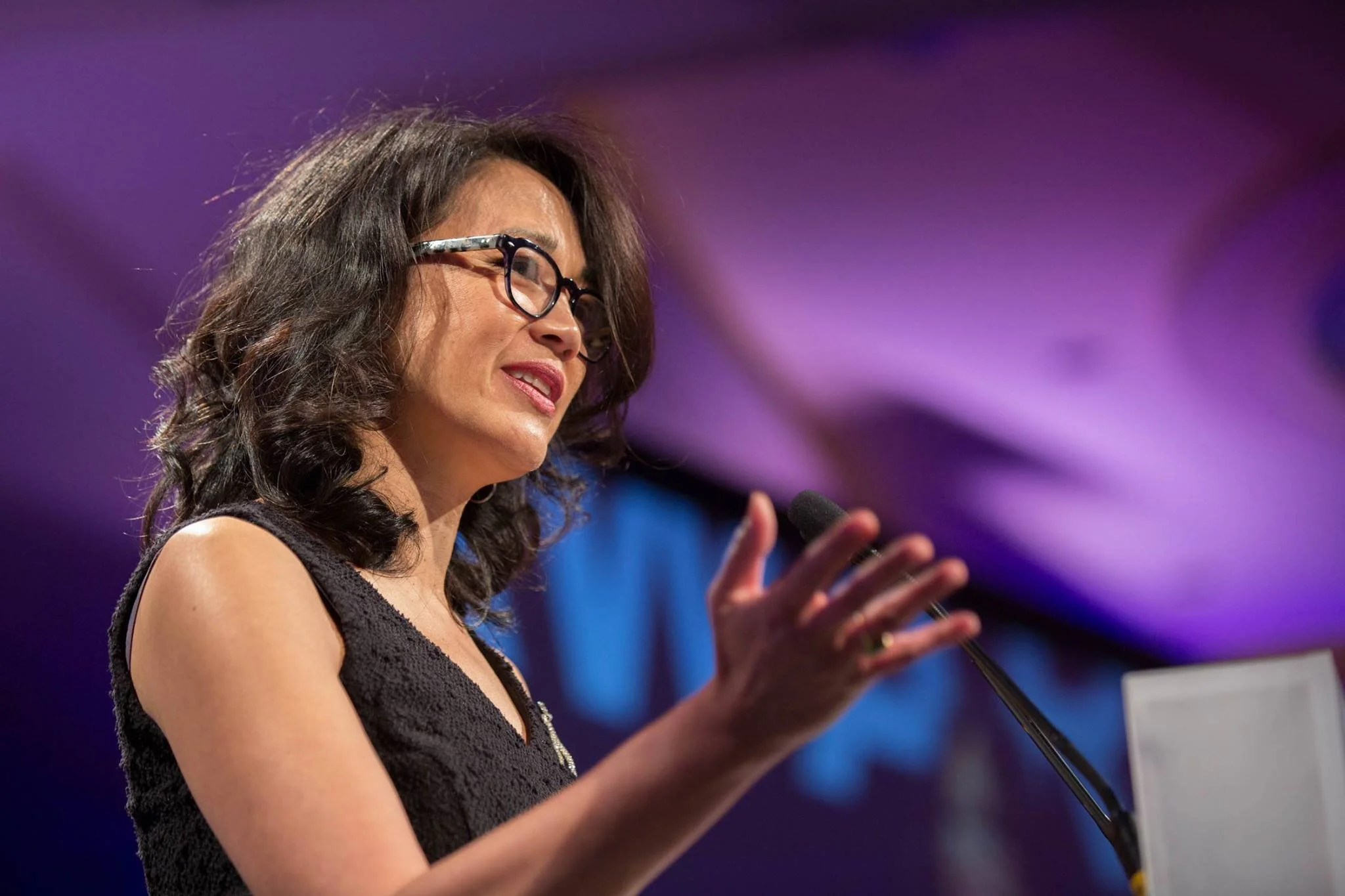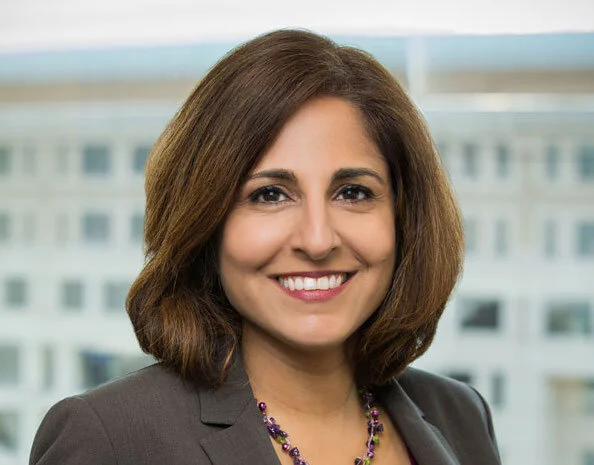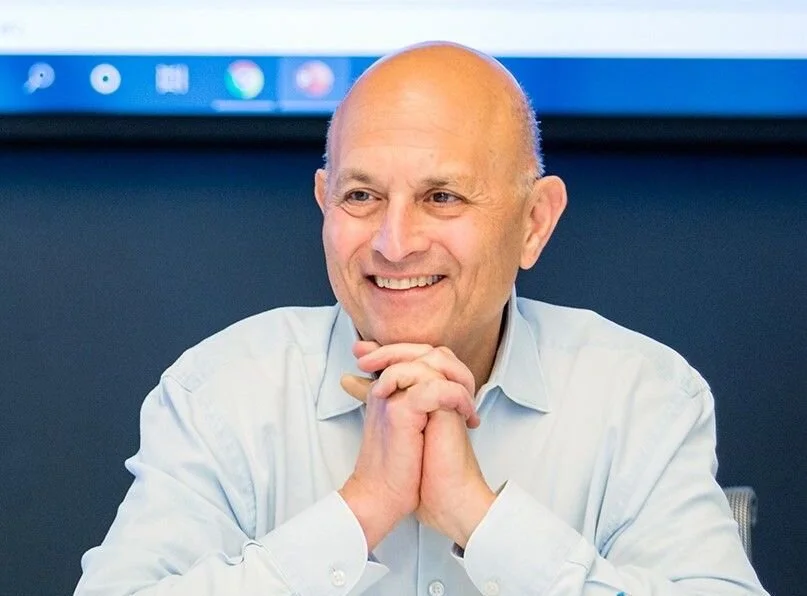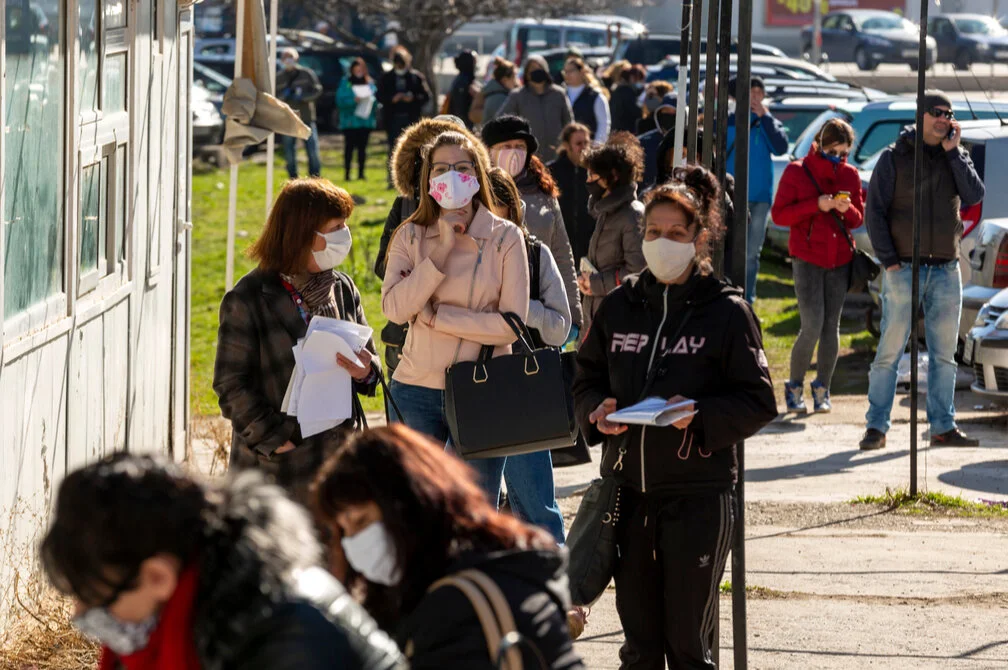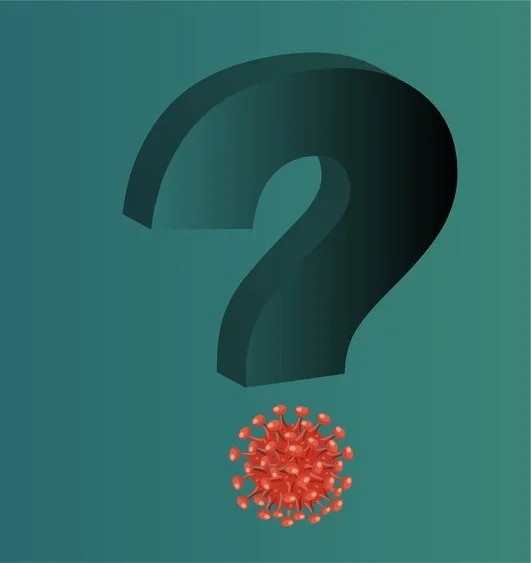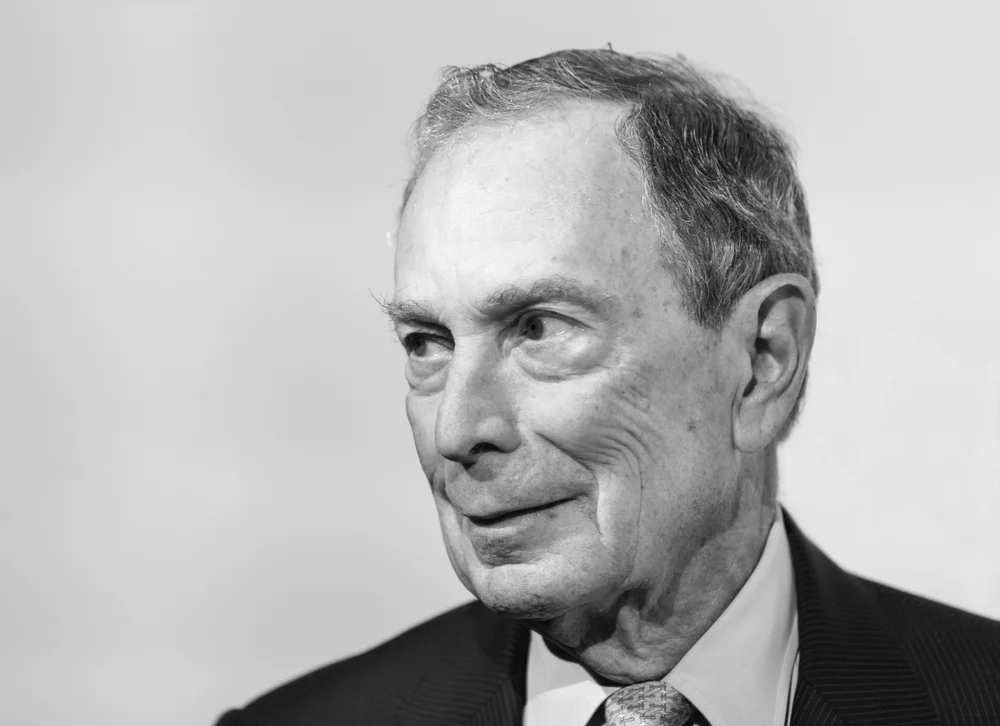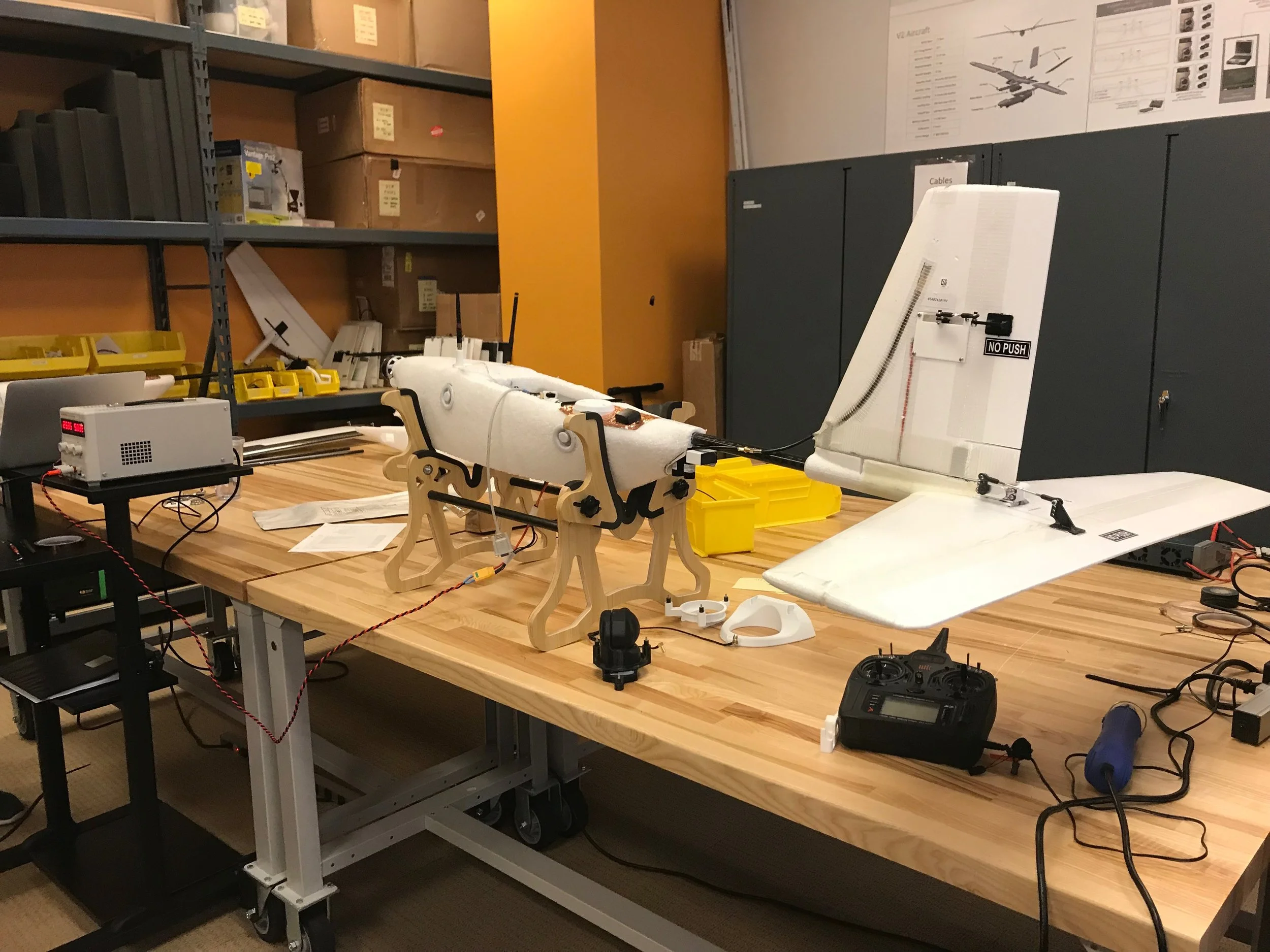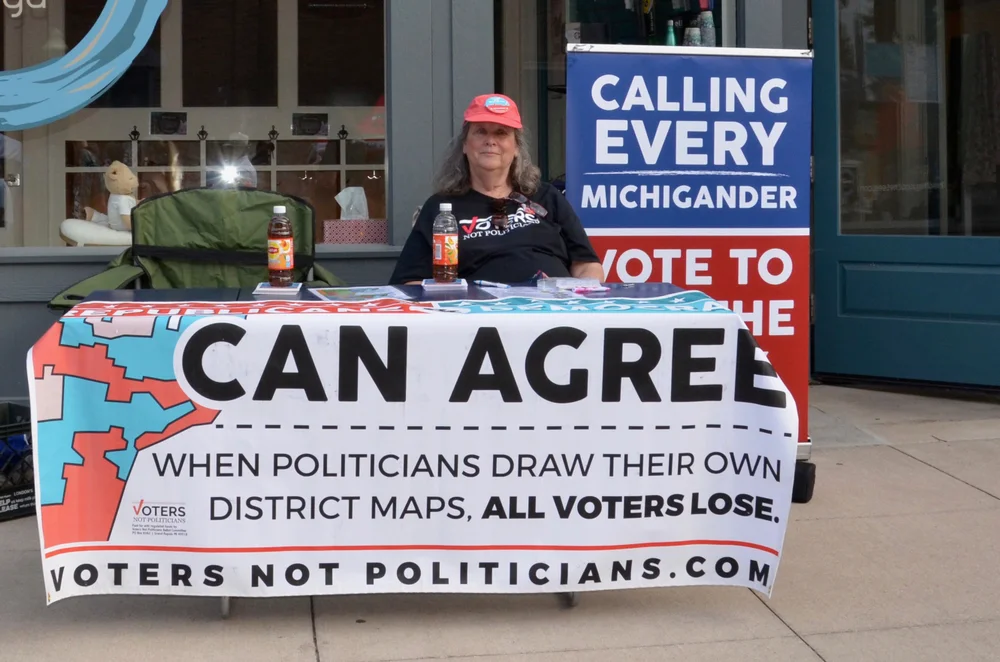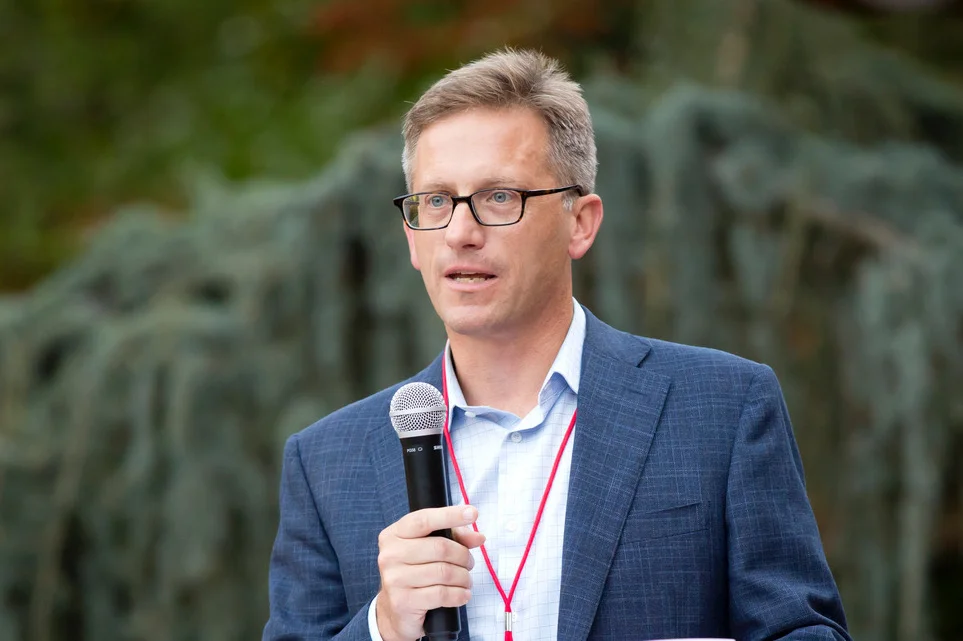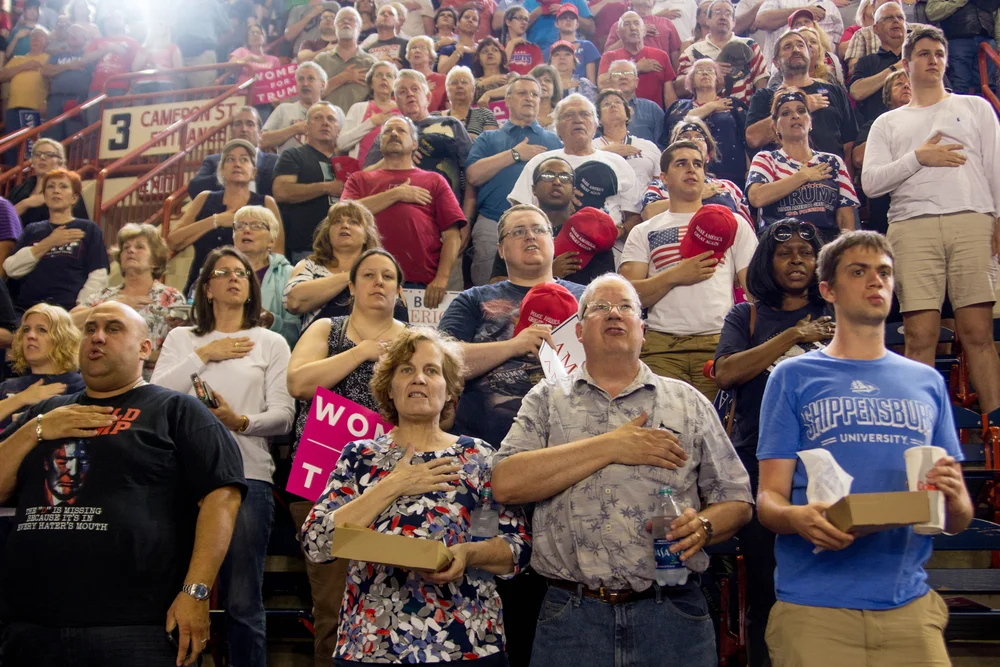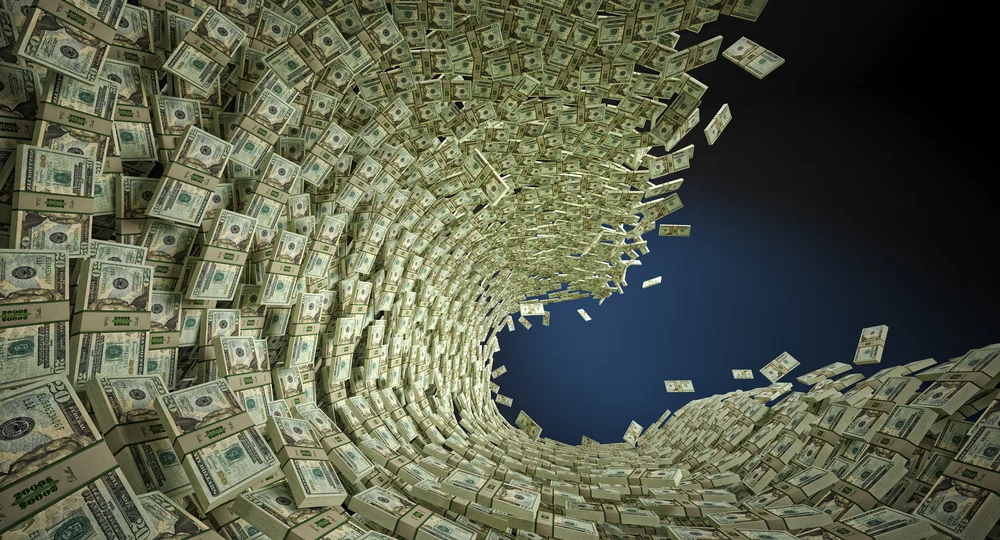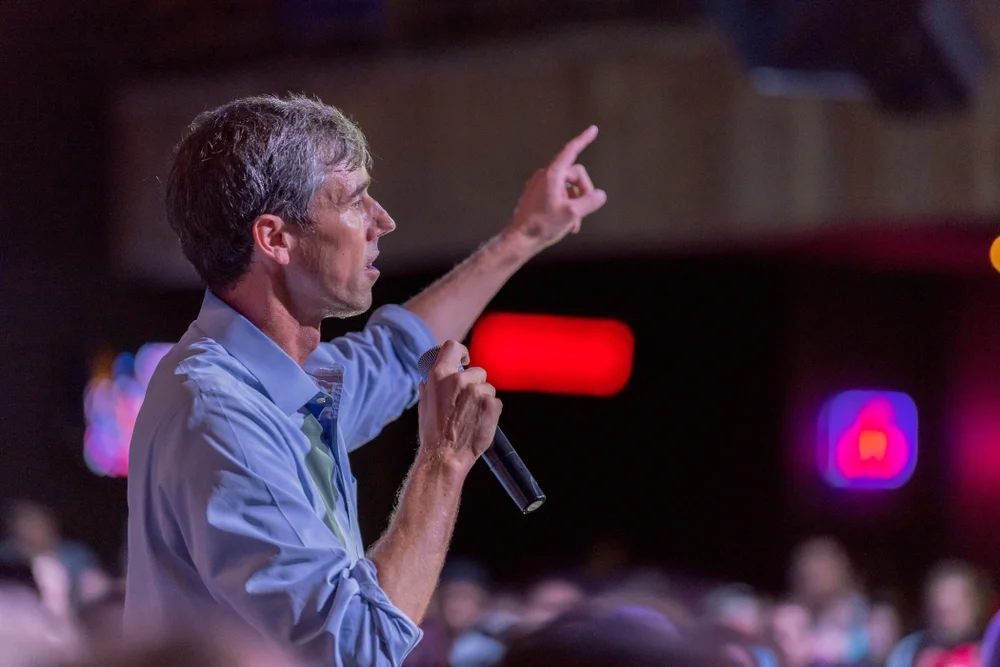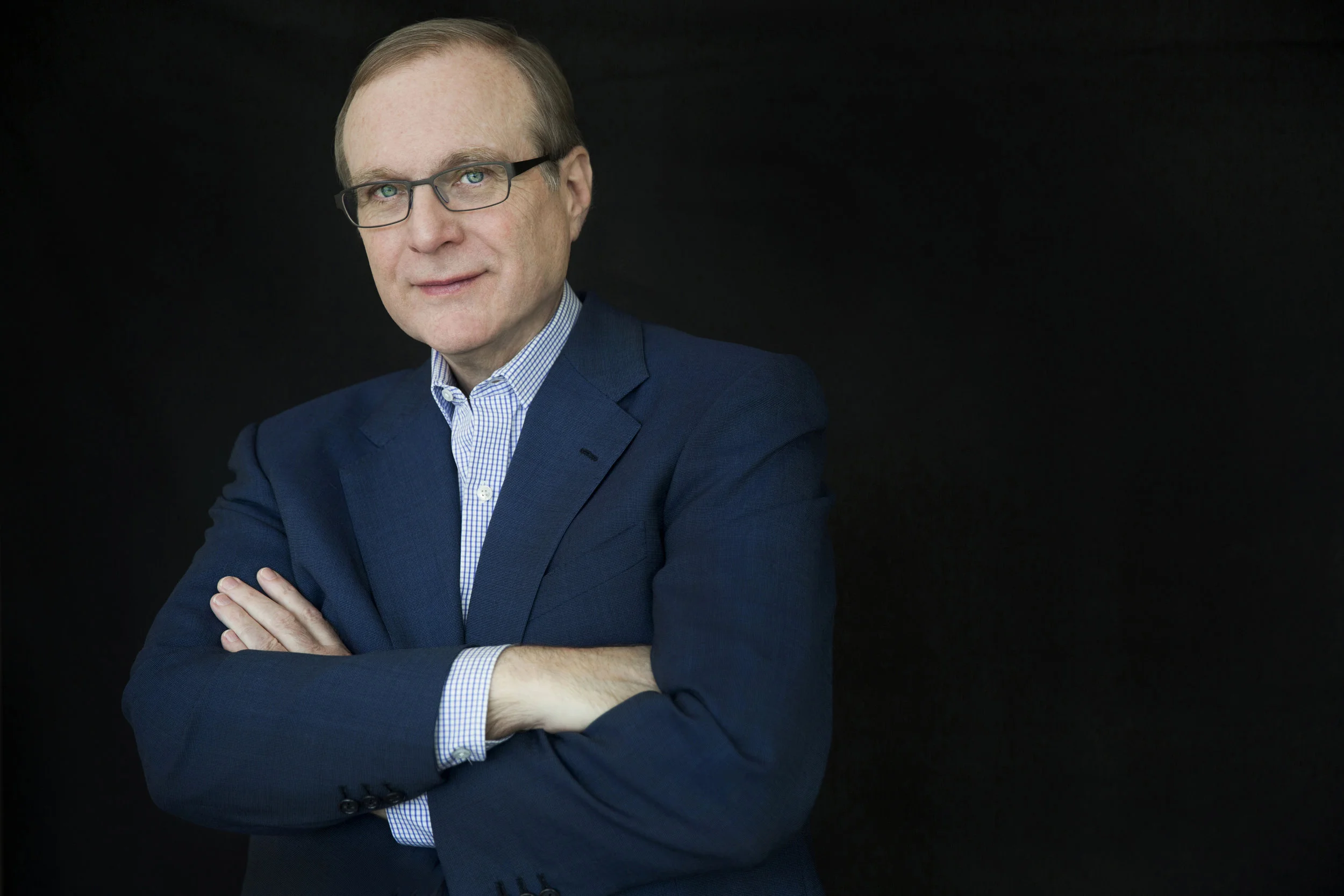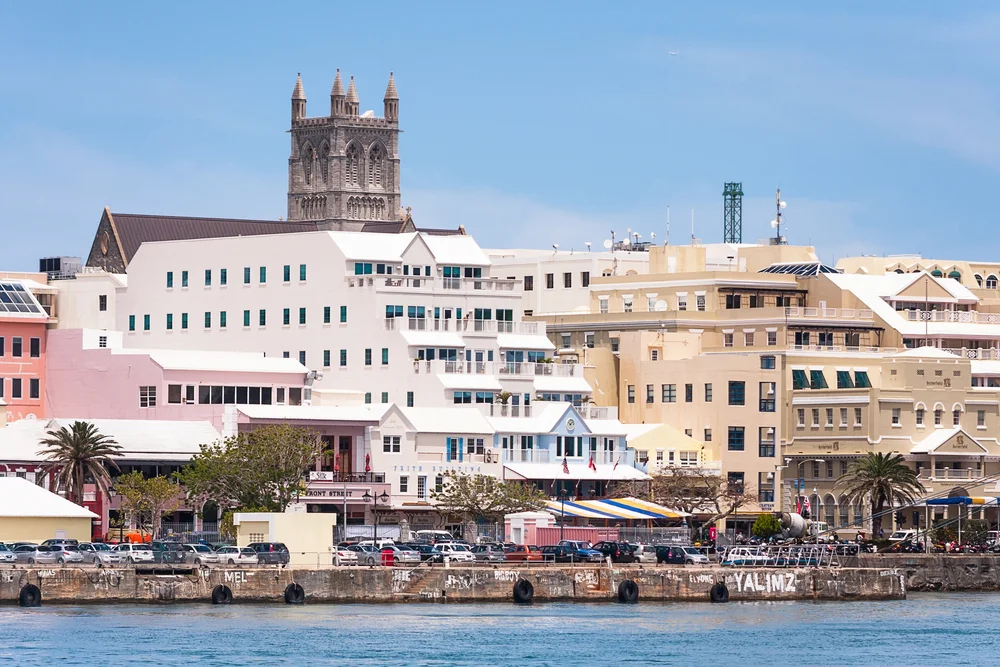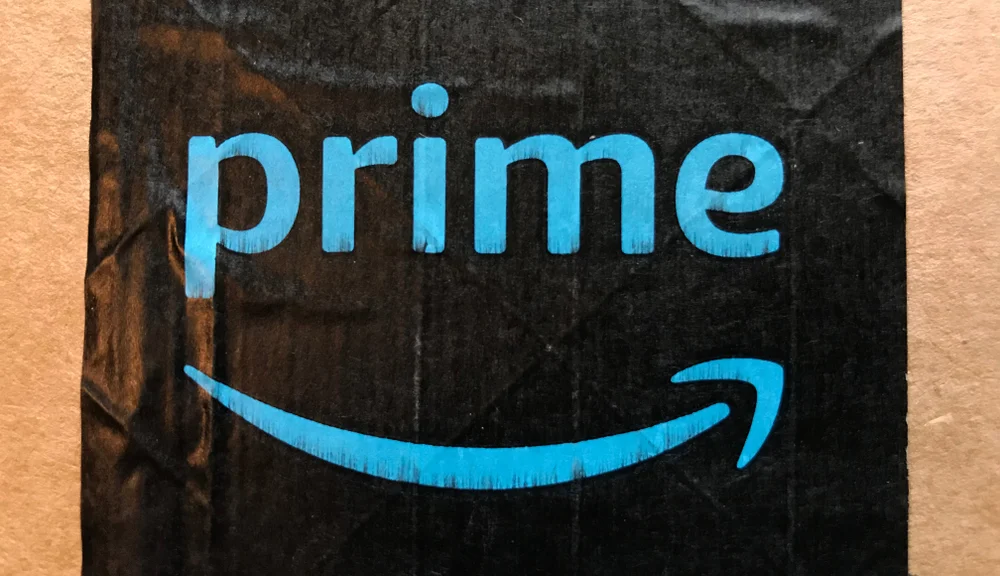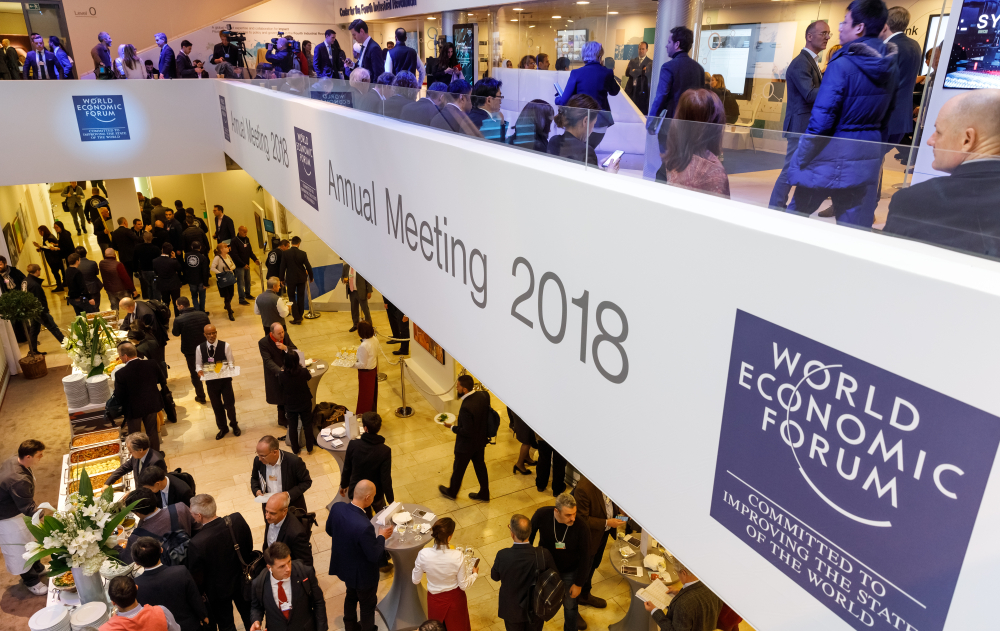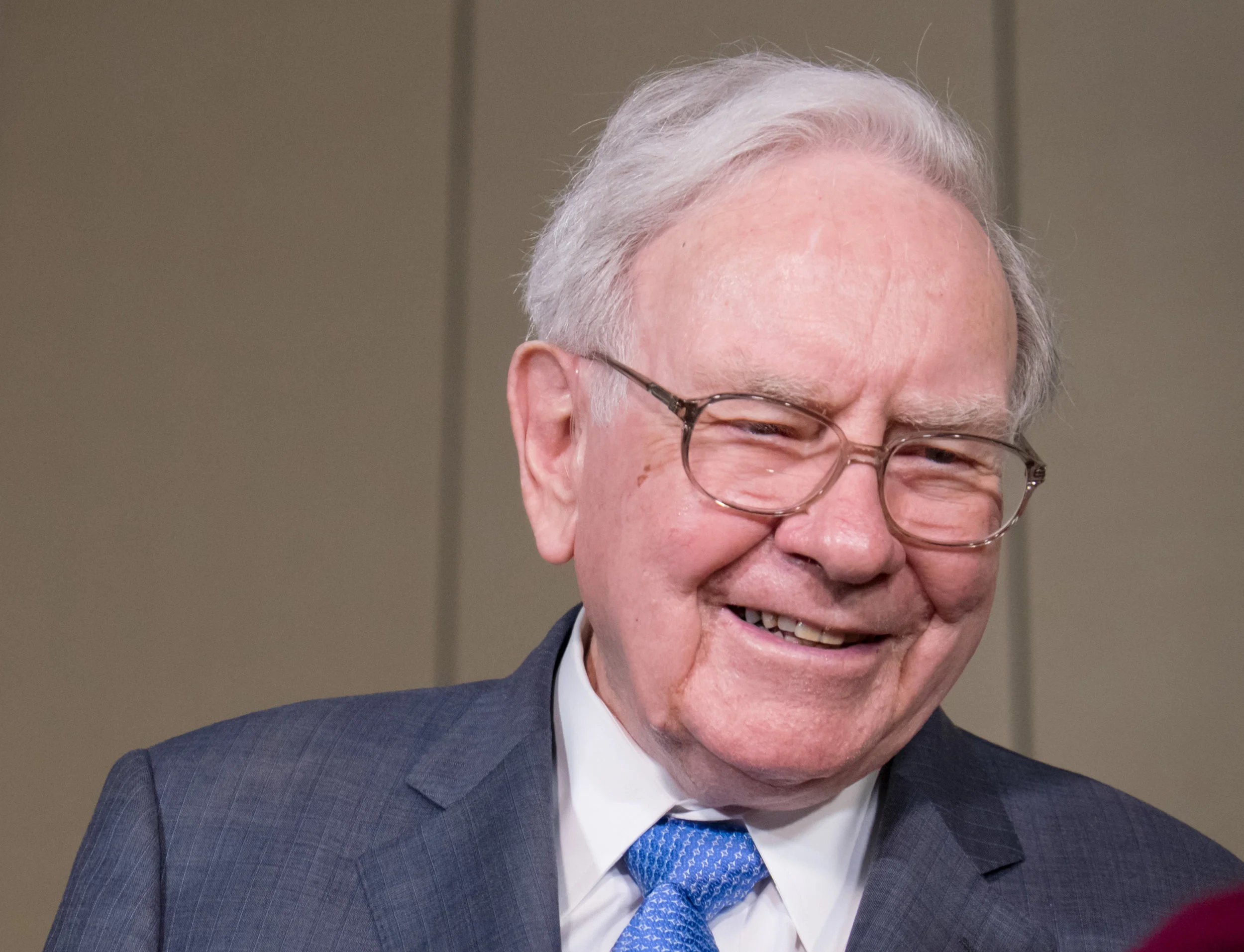Is This the Start of Something Bigger? About That $33 Million Gift by Jeff and MacKenzie Bezos
/photo: peK/Shutterstock
Just five days ago, in IP’s Philanthropy Forecast, 2018, I predicted that this would be the year that Jeff and MacKenzie Bezos “take a major step with their giving.”
Today comes the news that the couple has made a $33 million gift to TheDream.us, which describes itself as “the nation’s largest scholarship program for Dreamers.” The donation will give “1,000 undocumented immigrant graduates of U.S. high schools with DACA status the opportunity to go to college.”
While this isn’t the first gift from Jeff and MacKenzie—they’ve made a few big donations in the past for biomedical research—it’s their most high-profile move as philanthropists by far, inserting the world’s richest man ($109 billion as of today) and his wife into one of the most contentious political issues of the moment.
In making the gift, Jeff Bezos cited the experience of his father, who came to the U.S. as a teenage immigrant from Cuba. His parents, Mike and Jackie, have previously supported TheDream.us and preside over a foundation working on early education and child development.
Does this gift by Jeff and MacKenzie Bezos mark the start of their emergence as active major philanthropists? Time will tell, but there are a few reasons to suspect that it does.
As we know, the topic of philanthropy has been on Jeff’s mind. Last year, he issued an open call on Twitter for ideas to guide his philanthropy. He got an outpouring of responses—over 40,000. (I also weighed in with some suggestions.)
Why would Bezos muse publicly about engaging in philanthropy—raising public expectations—and then drop it? That wouldn’t make much sense. What would make more sense is that he and MacKenzie have been trying to figure out how to approach their giving, and that crowdsourcing ideas was a deliberate, and very techie-like, part of that process.
The timing to rev up Bezos philanthropy feels right. Many successful entrepreneurs delay active giving for understandable reasons. They want to stay focused on their companies and don’t like the idea of engaging in unconsidered philanthropy on the side. In addition, some may hate the idea of selling shares of stock when they have a messianic belief that the values of these shares will be much higher down the line. There’s something to this argument. While Jeff Bezos has long faced pressure to engage in large-scale philanthropy, doing so would have meant selling Amazon shares that are now worth far more ($1,304 as of this minute).
While Bezos may still believe that Amazon stock will climb higher still, now does seem like a pretty good moment to sell shares—after eight years of a historic bull market. And recently, Bezos did exactly that: In November, he sold 1 million shares in Amazon, then at a record high, for $1.1 billion, in order to fund his space tourism rocket company.
Beyond the astonishing valuation of his stock holdings, the timing also seems right for Bezos to turn to giving, because twenty-three years after starting Amazon, he’s arguably achieved his main goal: making online retail a dominant mode of shopping, with his company at the center of that revolution. In just the past year, the decline of brick-and-mortar retail has turned into a full-fledged rout. Department stores are closing around the country while Amazon builds new warehouses and prepares to build a second headquarters.
There are more battles to come, for sure. But Bezos has largely won the war to define how Americans shop, and has become, in the process, the richest man in the world. Now would seem to be a good moment for him to ponder new frontiers. Space is already one area of interest. The Washington Post is another. How about also improving the lot of humanity?
The parallel with Bill Gates is worth considering. Gates started Microsoft in 1975, but didn’t turn to philanthropy in a serious way until twenty years later. He made his big first gifts in the mid-1990s, and then he and Melinda started the Gates Foundation a few years later.
Like Jeff Bezos, Bill Gates was monomaniacally obsessed with his company achieving market dominance. By the late 1990s, he’d achieved that goal—to the point that the U.S. Justice Department filed an antitrust suit against Microsoft.
It was only after Gates had won the software battles and become the richest man in the world that he set aside any real time or money for philanthropy. But eventually, he would be all-in with an ambitious quest to solve some of the world’s biggest problems.
Who knows whether Bezos will follow a similar trajectory, or whether this $33 million gift means the spigot is now opening? It’s worth noting, though, that when super-wealthy people turn to giving, they often start with some “easy” large donations before they get organized for more strategic giving. Gates got going in the mid-1990s with some big gifts to Harvard and the University of Washington for computer science. More recently, Steve and Connie Ballmer’s first big gifts were to their alma maters—while they took time to plot out a game plan for anti-poverty giving and staff the Ballmer Group.
The gift for Dreamers by Jeff and MacKenzie Bezos was an easy lift. Jeff’s parents had already given to TheDream.us, along with many other prominent funders, and immigration is a cause important not only to Bezos, but to many other leaders in tech and business generally. Public opinion polls show lots of sympathy for the Dreamers, including among Republicans. It's also worth noting that former Washington Post owner Donald Graham was one of the co-founders of TheDream.us, along with Henry Munoz and Carlos Gutierrez.
My prediction: We’ll see a string of major easy gifts by Jeff and MacKenzie Bezos in the next year or two. Later, when they’ve done their homework, they’ll roll out a strategy and an organizational vehicle to engage in much more systematic philanthropy. What else can they do with a hundred billion dollars besides give it away? It's a vast undertaking. And the sooner they start, the sooner they'll have a say about where the money goes—as opposed to letting their heirs and professional foundation staff make those decisions.
This story is going to get really interesting.
One last point: large-scale philanthropy does present some risks for Jeff Bezos, especially if other big gifts have a political tint. Amazon is facing a lot of scrutiny right now, along with other top tech companies like Google and Facebook. There's growing alarm about the reach and power of these corporations, as well as the clout of the billionaires who run them. While standing up for DACA recipients or other causes that progressives care about could be a way for Bezos to co-opt critics on the left—his ownership of the Post has already improved his image in such circles—high-profile giving could also play into the narrative that Bezos, and tech titans like him, have way too much influence.
One of my predictions in IP's "Philanthropy Forecast, 2018," was that "tech philanthropy faces blowback." I wrote: "Distrust of private mega-givers is rising at the same time that Silicon Valley firms face new criticism. These trends are likely to dovetail, with tech philanthropists taking more heat."
Will Jeff Bezos be among those taking heat? Probably not, if this DACA gift proves to a one-off and future big donations go to medical research or other safe areas. But if Bezos steps forward as a politicized mega-giver, in conjunction with his control of Amazon and the Washington Post, listen for alarms bells to sound on both the left and the right.
Video: David Callahan and Ben Soskis discuss the Bezos gift.


